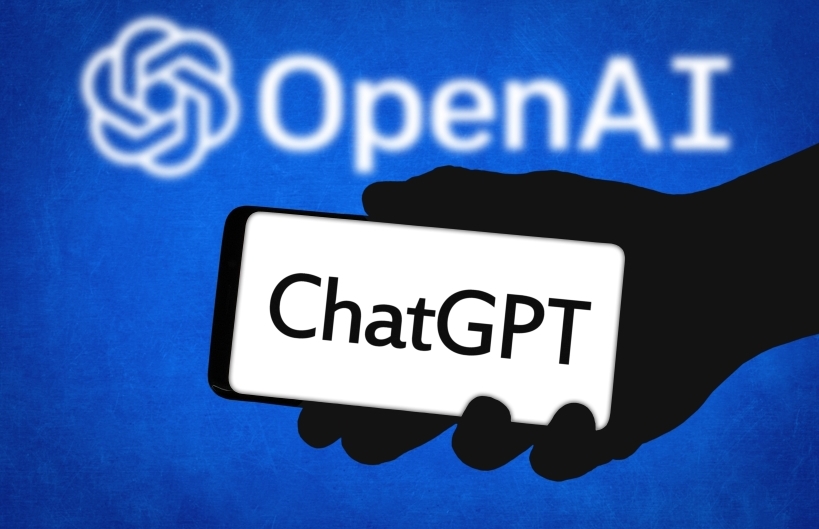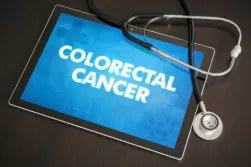In a recent study released this week, concerns emerged regarding the accuracy and completeness of the free version of ChatGPT, particularly when responding to inquiries about medications. The study, conducted by pharmacists at Long Island University, scrutinized the responses provided by ChatGPT to 39 drug-related questions in May. Astonishingly, only 10 of these responses were deemed satisfactory based on established criteria. The remaining 29 responses either sidestepped the original questions, contained inaccuracies, lacked completeness, or suffered from a combination of these issues, as detailed in the study.
Lead author Sara Grossman, an associate professor of pharmacy practice at LIU, emphasized the need for caution among both patients and healthcare professionals when relying on ChatGPT for drug-related information. Grossman advised verifying any information obtained from the chatbot with credible sources such as a physician or official medication information websites like the National Institutes of Health’s MedlinePlus.
OpenAI, the creator of ChatGPT, stressed that their platform is not a substitute for professional medical advice or traditional healthcare. They highlighted in their usage policy that their models are not specifically fine-tuned to offer medical guidance, particularly for serious conditions. This cautionary stance underscores the importance of seeking professional medical assistance rather than relying solely on AI-generated responses.
While ChatGPT garnered significant attention and popularity since its launch, concerns have arisen regarding its efficacy, accuracy, and potential risks. Multiple studies have highlighted instances of erroneous responses, prompting the Federal Trade Commission to initiate an investigation into the chatbot’s accuracy and consumer protections.
One crucial limitation identified in the study is the free version of ChatGPT's data, which is only updated until September 2021. This time lag might cause the chatbot to lack current and pertinent information in the swiftly evolving medical landscape. Moreover, the study did not assess the paid versions of ChatGPT, which incorporate real-time internet browsing, potentially improving the accuracy of medication-related responses.
Grossman acknowledged the possibility of better performance from a paid version but defended the focus on the free iteration of the chatbot, which aligns more closely with what the general population accesses. She also indicated that the study's findings, presented at the American Society of Health-System Pharmacists’ annual meeting, reflect a single snapshot from earlier this year. There's a chance that the free version of ChatGPT has improved over time, warranting a reevaluation.
The study, which did not require funding, utilized real questions from Long Island University’s College of Pharmacy drug information service. Pharmacists' responses to these questions served as a benchmark for evaluating ChatGPT's accuracy in responding to drug-related queries. However, the chatbot fell short in directly addressing several questions, providing inaccurate or incomplete information, and failing to offer verifiable references for its responses.
For instance, one inquiry about a potential drug interaction between Pfizer’s Covid antiviral pill Paxlovid and the blood-pressure-lowering medication verapamil received an incorrect response from ChatGPT. The chatbot failed to recognize the risk of excessively low blood pressure when these medications are combined, potentially leading to preventable side effects for patients.
Another concerning discrepancy surfaced when ChatGPT was asked about converting doses between different forms of the drug baclofen. The chatbot's response contained an unsupported dose conversion method, presenting the intrathecal dose in milligrams instead of micrograms, potentially leading to a significant miscalculation and subsequent harmful effects for patients.
Grossman stressed the importance of addressing these limitations, as erroneous information from ChatGPT could inadvertently impact patient well-being. While the study’s snapshot focused on the free version of ChatGPT, it underscores the necessity for continuous scrutiny and potential enhancements in AI-powered healthcare assistance to ensure accurate and reliable responses in the future.



